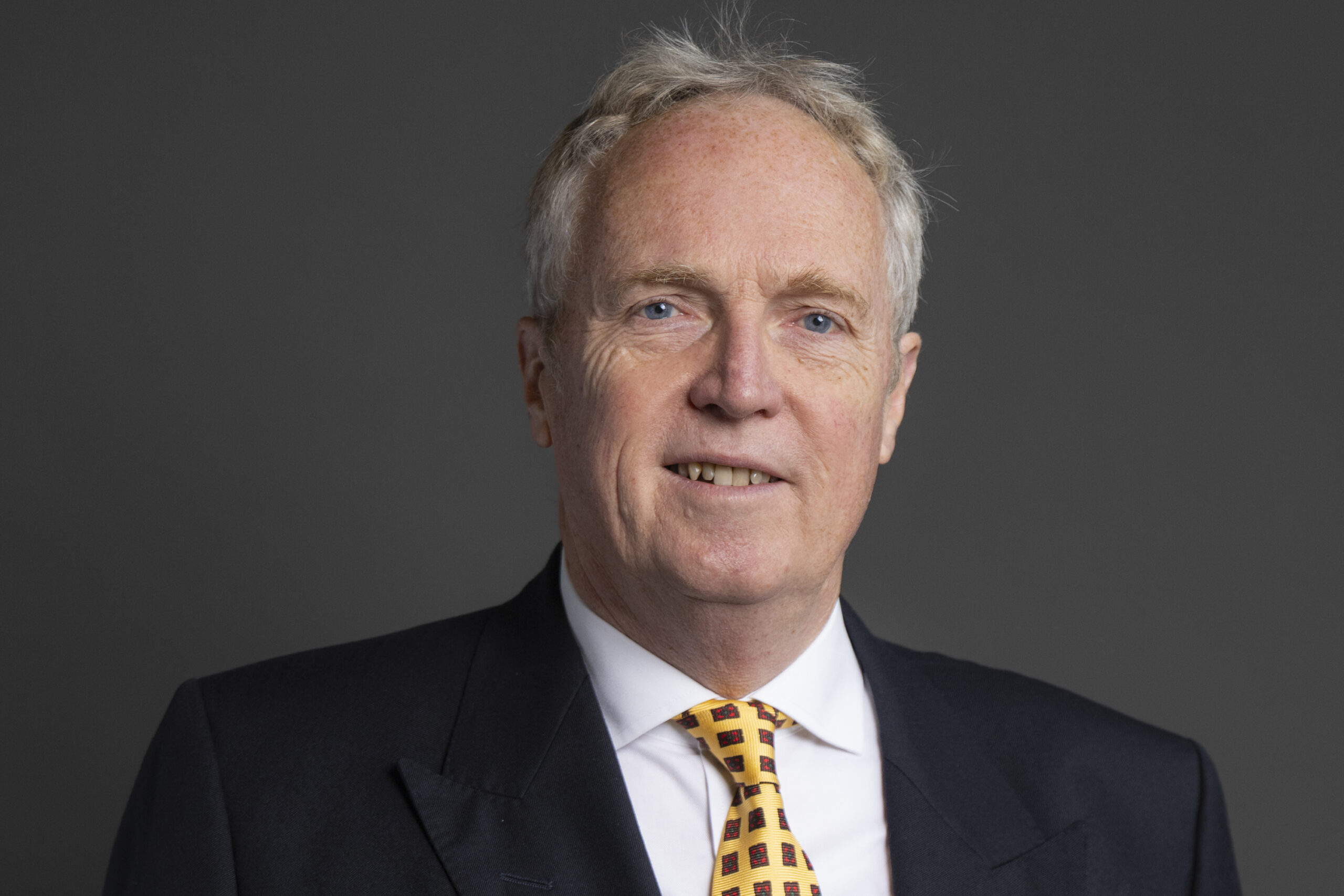It was an honour to have the chance to put a debate to Westminster Hall this week on the subject that this House has considered the USAID funding pause and its impact on UK International Development.
While decisions regarding an American government department’s funding may seem distant in geography, it is dangerously close in consequence: these recent cuts by President Trump on his very first day in office to the United States Agency for International Development (USAID), pose a grave risk to millions of people around the world, as well as to global stability, and are, I believe, either a mistake, a blunder, or a cruel and cynical ploy for popularity, that will result in harm and suffering for the poorest on the planet.
The implications for our own Aid programme are threefold:
Firstly, the UK has effectively lost a key partner in Aid, one that we have done great work with, in the past.
Secondly, the sheer scale of the USAID cuts means that the gaps in funding cannot be filled by other donors, especially as almost all governments, including our own, are now following the US example and are reducing their Aid spend to put more into their militaries.
Thirdly, it could be argued that we, and indeed the world, should have seen this coming and we have all become too reliant on the USA.
Having said this, the UK following suit and cutting Aid in an attempt to raise funds for increasing defence spend, I find indefensible and counterproductive. Quite apart from the soft power our Aid programme offers us, it is a betrayal of principles we hold dear, to see poverty reduced and global security assured.
On a personal note, Aid cuts hit close to home for me. For much of my career, I worked in international aid, primarily in the area of WASH – working to give people across Africa and the developing world access to clean drinking water, safe sanitation and good hygiene. These simple things are vital to health, survival and prosperity.
An impact of the USAID cut is growing hunger. Globally, almost 50% of all deaths among children under 5 are attributed to malnutrition. The USAID funded Famine Early Warning System Network, the ‘gold standard’ for monitoring and predicting food insecurity, went offline in January due to Trump’s cuts, leaving organisations without a key source of guidance, on when and where to deploy humanitarian aid.
At the same time other USAID cuts have led to feeding programmes themselves ending abruptly. We are told USAID emergency food rations, are now rotting in warehouses.
The supply of HIV treatments and medication has been severely disrupted. The UNAIDS executive director has warned that if funding is not replaced there will be an expected additional 6.3 million AIDS related deaths over the next 4 years.
When services collapse, when disease can spread unchecked, when people lose hope – they don’t stay put. Migration pressures rise and conflicts hit new boiling points. As COVID taught us all too well, deadly viruses such as marburg and ebola could leap from remote villages to our high streets in a matter of weeks, especially when the staff to deal with them have been given ‘stop orders’ and removed from front line duty.
We are already seeing other powers whose interests do not align with ours, begin to fill the gaps left by USAID. China and Russia are expanding their influence in regions where Western credibility is weakening.
The United Kingdom has long prided itself on being a force for good in the world. Our work and leadership with British Aid has not only saved lives, it has also championed the best of British values – fairness, the rule of law, health, education and opportunity across the globe.
That is soft power in its most tangible form, and it is worth its weight in gold and more importantly lives and livelihoods.
Sadly, we have made our own Aid cuts recently, from the 0.7% GNI commitment down to 0.5%, then 0.3%. And the reality is with so much being spent on hotels for asylum seekers instead of allowing them to work and pay their way while the status is determined, as little as 0.1% UK GNI is now being spent on genuine Aid.
The thing is, we know what to do. We know investing in WASH makes sense, we know that investing in girls’ education reduces child marriage, improves economic outcomes and reduces inequality. We know investing in pandemic preparedness, vaccine infrastructure and vaccine research, protects, not just vulnerable people around the world, but our NHS and public health, here at home.
International development is therefore smart policy. It reduces the risks that we otherwise would spend billions more to contain.
So what should we do?
We must reaffirm our commitment to restoring the 0.7% target and publicly commit, not just to the rhetoric of Aid, but to actually do it, and do it well.
The withdrawal of USAID has created a moment of reckoning. The world is watching, and the vulnerable are waiting.
I would like to end by paraphrasing President John F Kennedy in his special message to Congress on Foreign Aid, March 22nd 1961 –
We are aware of our obligations to the sick, the poor and the hungry, wherever they may live. It will both befit and benefit us to take this step boldly, on which will depend substantially, the kind of world in which we and our children shall live.
It is time for us to stand up and be counted.
Cuts to USAID pose a grave risk to millions of people around the world

